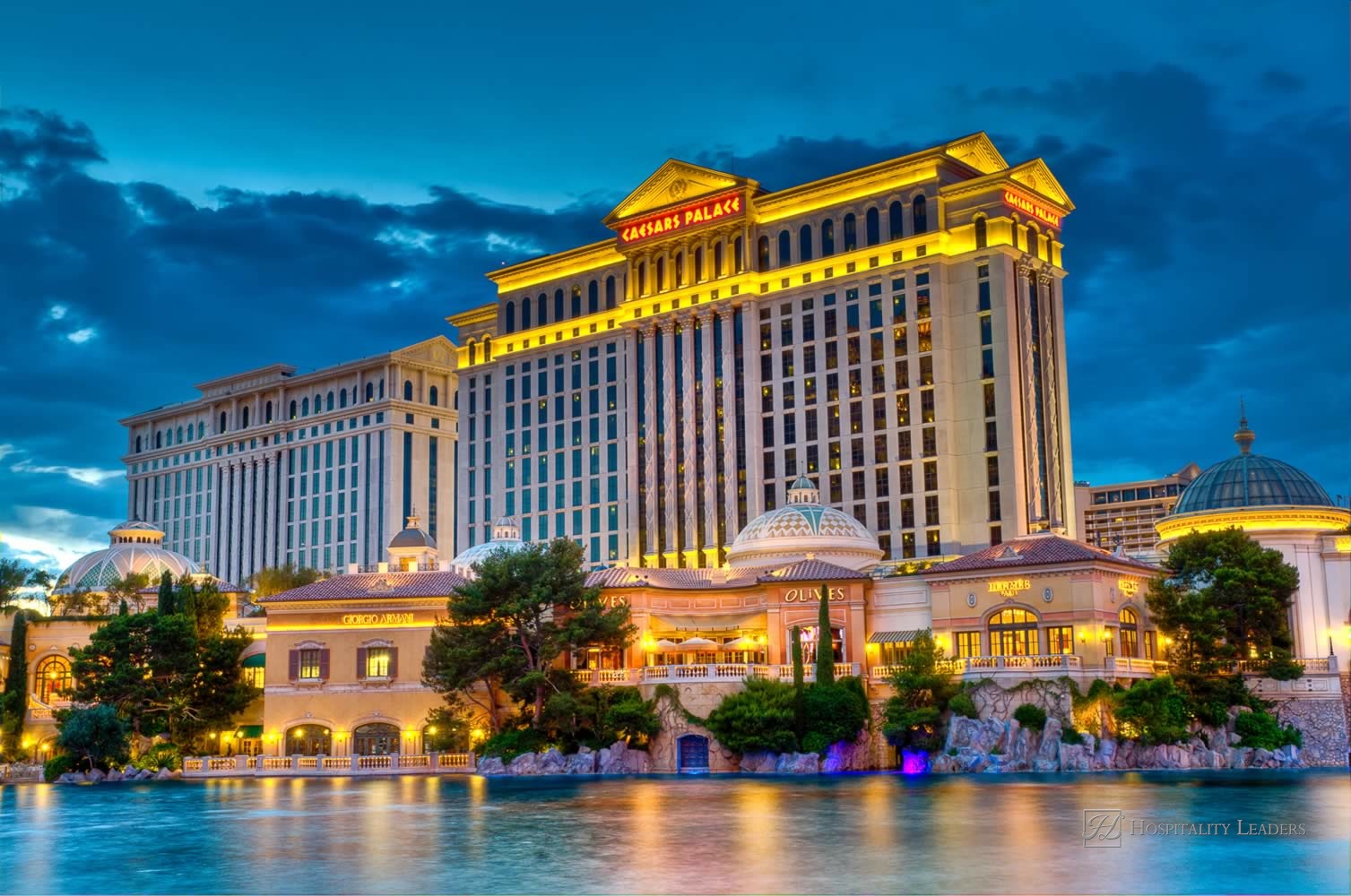
SEOUL/HONG KONG, March 18 (Reuters) -?Caesars Entertainment Corp?looks set to build its first?gaming?resort in Asia after?South Korea?granted preliminary approval for a large-scale foreigners-only casino – a key boost for a company that has largely missed out on the region’s boom in gambling revenues.
The consortium of Las Vegas-based Caesars, Singapore’s OUE Ltd and Hong Kong-based Lippo Ltd is also one of the first foreign ventures to gain an entry into South Korea’s casino industry, a promising market by virtue of its proximity to?China?and the country’s wealthy punters.
While frowning on gambling for its own citizens who only have access to one remotely located casino,?South Korea?is willing to make exceptions for overseas visitors in the interest of developing its tourism industry. It has 16 small foreigner-only?casinos?but as yet no big glitzy integrated resorts.
The new complex, to be located near country’s main international airport on Yeongjong island, is expected to cost around 2.3 trillion won ($2.2 billion), will be built over several phases and is expected to be ready in time for the 2018?Winter Olympics?in Korea, the companies said.
While they did not give an ownership breakdown, a South Korean government source said their plans called for Caesars to own 40 percent of the venture, OUE to own another 40 percent and Lippo to hold 20 percent.
Caesars missed out on getting a strong footing in Macau, the world’s casino capital which rakes seven times more in annual gaming revenue than Las Vegas. That’s in stark contrast to rivals?Las Vegas Sands Corp, Wynn Resorts and MGM Resorts International which entered the Chinese territory over a decade ago.
Its South Korean resort is set to compete with a casino complex planned by Genting Singapore and Chinese property developer Landing International Development on the island of Jeju.
South Korea’s Paradise, one of two companies that dominate the country’s foreigner-only casino market, has also teamed up with Japan’s Sega Sammy Holdings Inc for a separate casino resort.
Shares in Caesars’ property developer partners surged during Asian trade, with Lippo jumping 35 percent and OUE gaining 6 percent.
NO GUARANTEES
South Korea’s government and the companies noted, however, that the approval was preliminary and not a guarantee of a gaming license, with the government reserving the right to withdraw it if investment conditions are not met.
Current rules call for the consortium to build a five-star hotel and invest $500 million in 3.5 years. The government is also seeking parliament’s approval to bar the consortium from operating the casino until it invests a total of $700 million, the government source said, declining to be identified as he is not authorised to speak to the media.
The granting of the preliminary licence comes after the government initially rejected in June a bid from the consortium, as well as separate one from Japan’s Universal Entertainment Corp.
At the time, a separate government source said the consortium’s bid was rejected due to concerns about Caesars’ credit rating. Moody’s Investors Service lowered its ratings on the company and assigned a negative outlook in April, citing adverse gaming revenue trends.
This time, however, the first government source said the consortium gained approval over other parties as it was the only one that satisfied the government’s requirements on investment size, funding plans and credit ratings.
Universal, headed by Japanese billionaire Kazuo Okada, has not reapplied for a license.
The South Korean government is also seeking to shift to an open bidding process for foreigner-only casino licenses instead of requiring prior government approval.
Wynn, MGM and other major foreign firms that had previously expressed interest in building a casino could try again when the process is eased, the first government source said.
Many Asian countries, including the Philippines and Vietnam, are building large-scale casino resorts, hoping to attract Chinese gamblers and imitate the success of Macau. Japan is also looking to legalise casino gambling.
Gaming revenues in South Korea totalled $2.7 billion in 2013 according to research house CIMB, slightly higher than the Philippines at $2.6 billion but trailing both Singapore at $6.4 billion and Macau at $45 billion.

